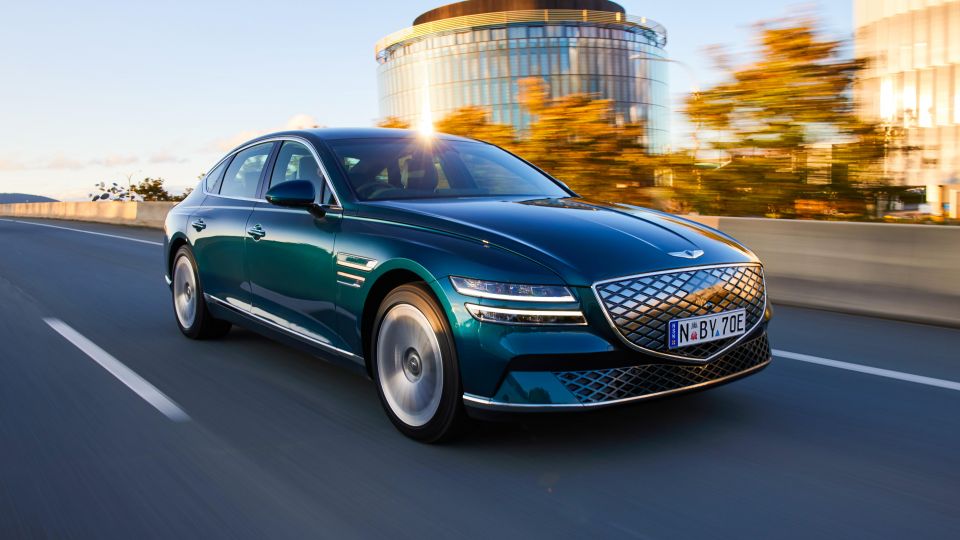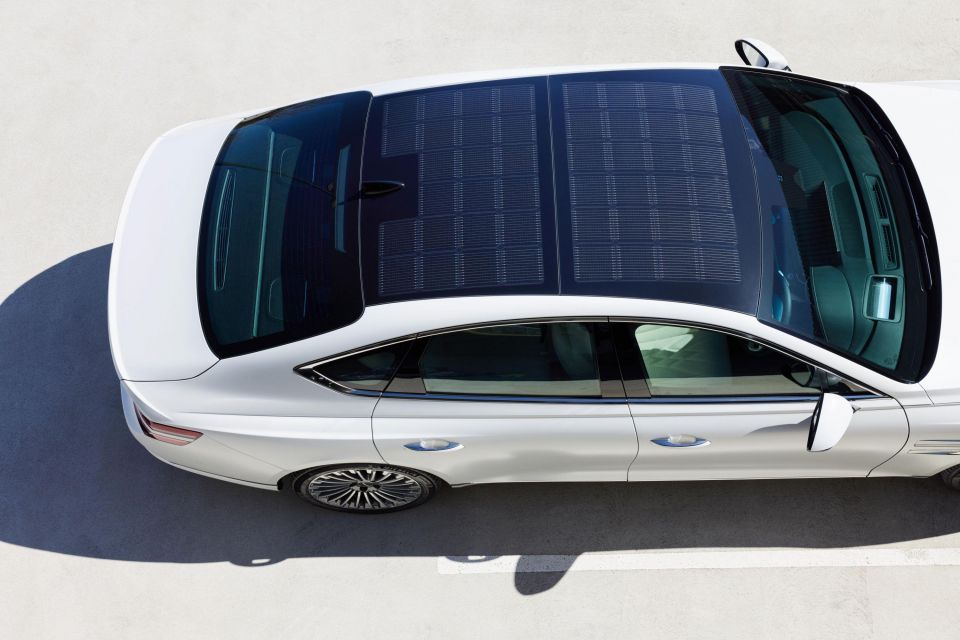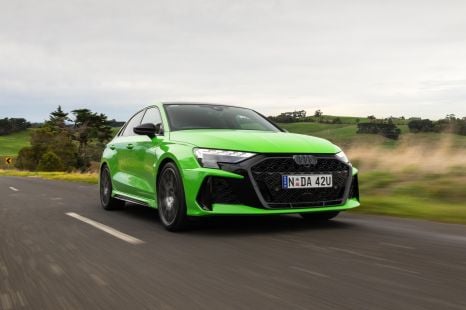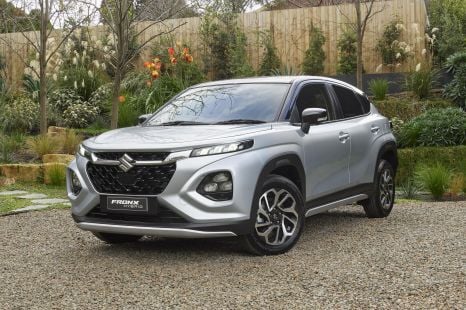

Anthony Crawford
1990 Lamborghini Countach review
5 Days Ago

Senior Contributor
The Genesis Electrified G80 sedan’s solar roof panel can add about 1100km of additional driving range over the course of a year, according to the company’s own research in Europe.
The rooftop solar array made of photovoltaic silicon material trickle-feeds power into the car’s 87.2kWh battery when driving and when parked, augmenting regular plug-in charging.
The panels in good sunlight will produce electricity equivalent to that needed for two 100W bulbs or 11 household LED fluorescent lamps, Genesis claims.

The solar roof is also able to charge the Electrified G80’s low-voltage 12V battery, providing additional power for features such as the air-conditioning – a notorious reducer of range.
While the research is obviously to be taken with a pinch of salt, it ultimately claims the roof can add more than 266kWh of incremental energy per year – roughly the same as an average UK household uses per month.
The research based its findings on an average of just under six hours of daylight, in which the roof can add around 0.7 kWh of energy which translates to an extra 3km range each day, or 1095km annually.

One might imagine blazing Aussie summers would create even more juice, because six hours of sunlight hardly scratches the surface.
One potential issue not mentioned is the degree to which the added roof weight affects efficiency in the first place, which needs to be considered. The G80 EV’s WLTP consumption is 19.1kWh/100km, which is ok but not spectacular.
As well as the solar roof, the Electrified G80 has an exterior vehicle-to-load (V2L) feature that allows customers to plug in electric appliances at a maximum output of 3.6kW.
That said, in Australia it’s priced from a lofty $145,000 plus on-road costs, making the Electrified G80 a whole $30,000 dearer than a decked-out G80 3.5T AWD with its twin-turbo V6.
Give us your thoughts on solar roofs below, should they become a more common feature in EVs?
Where expert car reviews meet expert car buying – CarExpert gives you trusted advice, personalised service and real savings on your next new car.


Anthony Crawford
5 Days Ago


Matt Campbell
4 Days Ago


James Wong
3 Days Ago


Max Davies
2 Days Ago


Josh Nevett
16 Hours Ago


William Stopford
12 Hours Ago